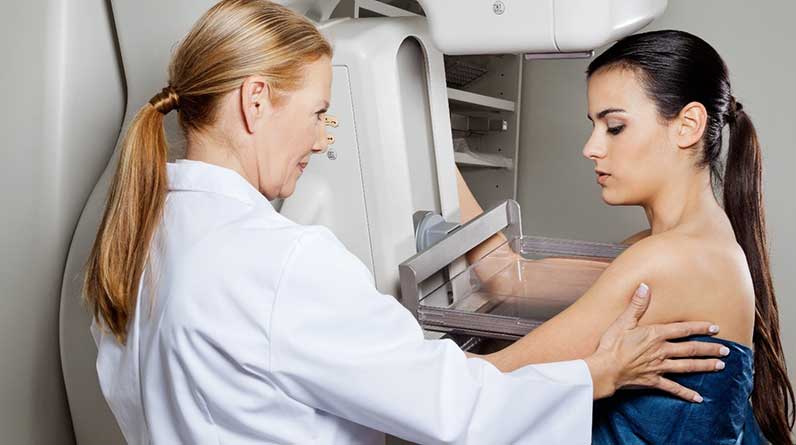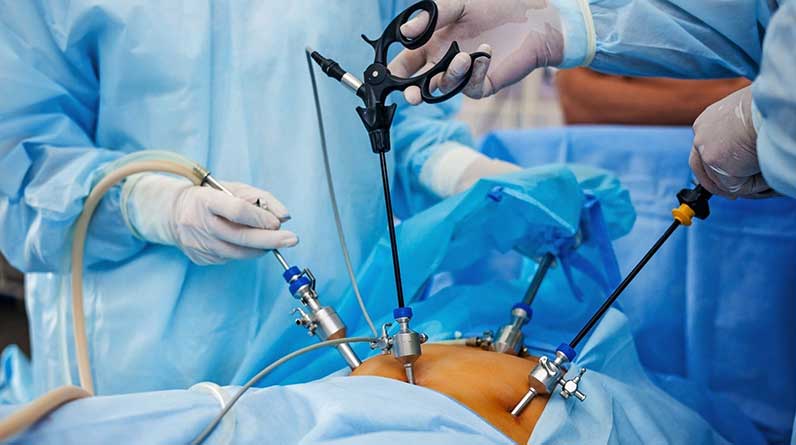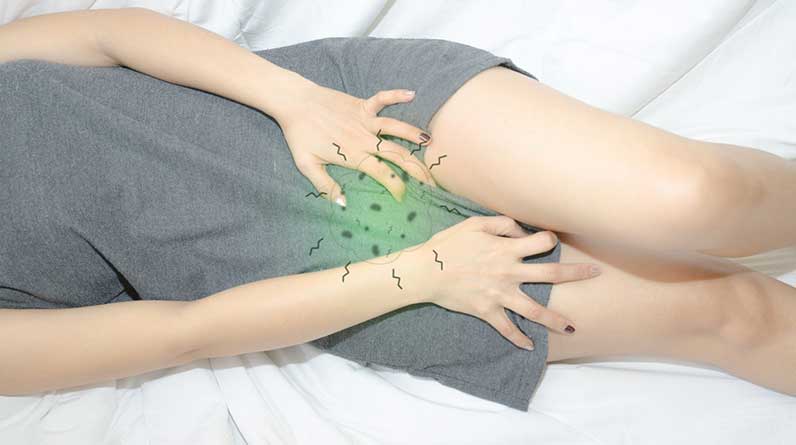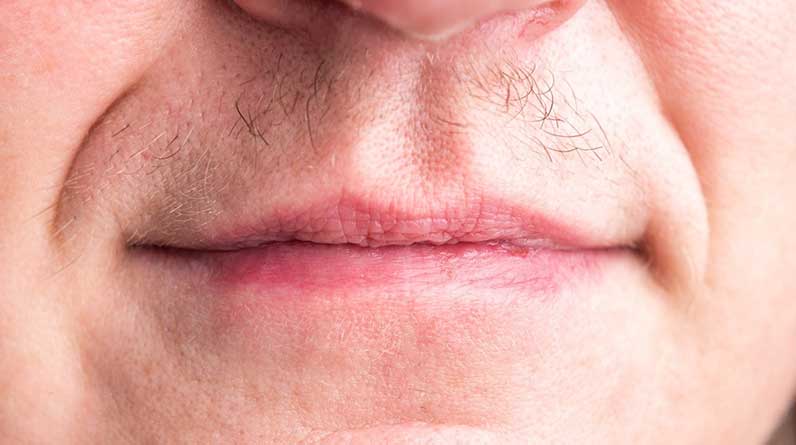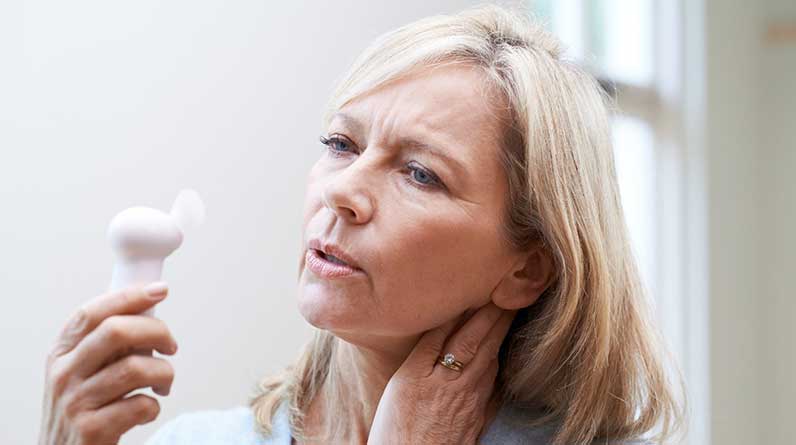
Common Menopausal Issues And How to Manage Them
What is Menopause?
Menopause is a natural biological process that begins when the ovaries stop producing hormones. It is usually officially diagnosed 12 months after a woman’s last menstrual cycle.
This natural process is likely to result in some level of physiological change, emotional turbulence, and other signs and symptoms that can last for a few years before the diagnosis. However, rare cases have seen symptoms last anywhere from a few months to over a decade.
Menopause typically occurs in women 40-50 years of age, though the average age of diagnosis is 51.
While menopause is a natural biological process, symptoms can range widely, with some experiencing prolonged symptoms of extreme irritability and others having no trouble at all. Both extremes, however, are normal and should not be thought of as a disorder or disease but rather a natural transition in a woman’s life.
A woman may experience mild or severe symptoms, but the treatment and management is individualized. Therefore, it’s important to consult with a medical professional to outline the most suitable and effective management plan.
Common Signs and Symptoms of Menopause
Each woman will have a unique experience with menopause depending on age, the speed at which it occurs, their medical history, their lifestyle choices, and other associated factors.
Of the many common signs and symptoms of menopause, vulvovaginal and vasomotor symptoms are the most prevalent, seen in up to 82% of women in the U.S.
Often problems arise as early signs of pre-menopause, such as abnormal uterine bleeding and vasomotor flushing (hot flashes), while others are a definitive product of menopause itself.
The following are the most common signs, symptoms, and complications of menopause and perimenopause:
- Hot Flushes
- Insomnia
- Decreased Libido (sexual desire)
- Mood Changes and Irritability
- Vulvovaginal Atrophy (vaginal irritation resulting in painful intercourse, dryness, and soreness)
- Hormonal Changes (estrogen, follicle-stimulating hormone, estradiol, progesterone, testosterone, & luteinizing hormone)
- Osteoporosis
Women’s health is strongly associated with the hormone estrogen, as men’s health is strongly associated with testosterone. Estrogen plays a major role in vaginal and uterine health; however, as a woman ages, her estrogen naturally decreases. As a woman ages, her estrogen levels decrease due to a decrease in follicle-stimulating hormone (FSH), which causes the ovaries to produce estrogen. There is also a relative decline in testosterone and progesterone production from the ovaries during this process.
While all of these signs, symptoms, and biological changes are normal, and though some may not be directly associated with menopause but rather a result of aging, it’s important to consult with your doctor to confirm that there are no problems or medical concerns.
Management of Menopausal Issues
Even though menopause is not a disease process that requires medical treatment, it is a condition that can cause significant discomfort in women. However, preventative treatments and management protocols are available to alleviate such symptoms depending on the level of pain, discomfort, irritability, and inconvenience.
No matter the level of severity of signs and symptoms, a suitable course of management and treatment is likely available.
The following are some of the available treatments and management protocols for menopausal issues:
- Hormone Therapy (in the form of estrogen, progesterone, and in some cases, testosterone)
- Vaginal Estrogen Administration
- Antidepressant Medication
- Supplementation (only after consultation and recommendation by a doctor)
- Lifestyle Changes
Regarding hormone therapy, as it’s typically the most desirable and asked about treatment, the consensus, though somewhat debated, is that it is generally safe and effective according to The American College of Obstetricians and Gynecologists.
It’s also very useful to consider natural methods to try to alleviate menopausal symptoms. For example, natural courses of action to manage such symptoms as hot flashes include wearing layered clothing, eliminating alcohol and caffeine, halting poor habits such as smoking, and even trying yoga and meditation.
In consideration of supplements to manage menopausal issues, it’s wise to have a discussion with your gynecologist since most products are not regulated by the FDA. Your doctor will advise you of specific risks and help you make a good decision regarding this particular therapy.
To treat the symptoms relating to vulvovaginal atrophy and painful intercourse, vaginal estrogen creams prescribed by your doctor can be very effective. In addition, mood-related symptoms may respond well to antidepressant medication, and your doctor can advise you on this possible treatment.
Final Thoughts
While menopause is a common natural biological occurrence, it is a very complex phenomenon that requires more study and research.
Because the signs and symptoms are so widespread and the age of onset of the condition varies, there is no single course of action for every woman. Every case needs to be evaluated independently such that the best plan of management can be determined.
Yet, menopause is natural and does not need to be an area of concern. Menopausal management and treatment has made great strides in recent years. Newer studies suggest that hormonal therapy can be a safe and effective option for many perimenopausal and menopausal women.
